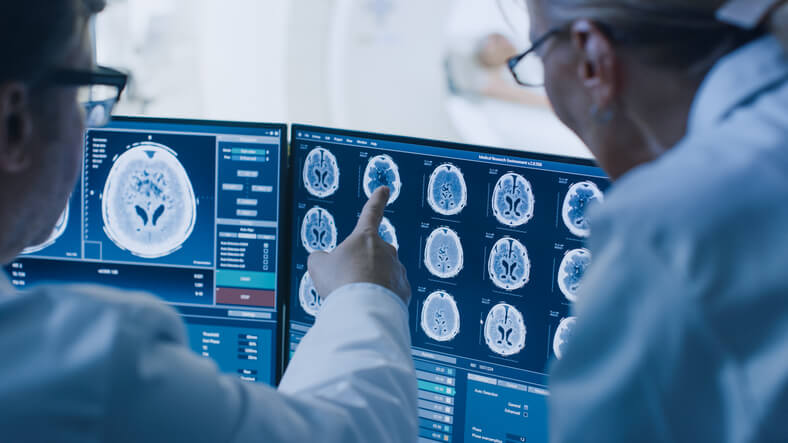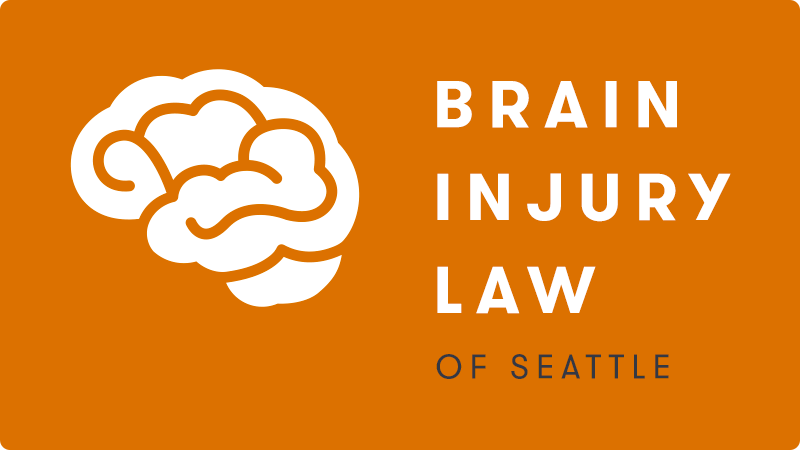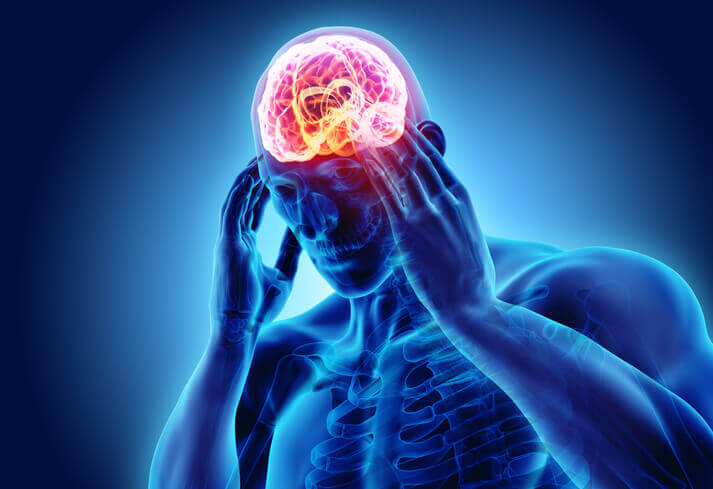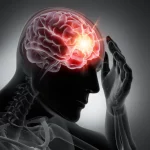A head injury involves damage to the skull, scalp, or brain. Doctors group head injuries that affect the brain as traumatic brain injuries (TBIs). In the United States, over 23 million people older than 40 have a history of concussion-inducing head injury.
Head injuries can occur during sports, vehicle crashes, accidental falls, or any activity that leads to mild to heavy impact on the head.
Many people don’t report their head injury unless they start to exhibit head injury symptoms, like pain or swelling. However, this is dangerous. It’s important to seek medical help immediately after any impact to the head.
Ignoring head injury can cause mental impairment, permanent disability, pituitary gland damage, and even death.
Page Contents
How Long After Head Injury Can Symptoms Occur?
Some of the symptoms associated with a head injury can manifest in the seconds or minutes following impact on the head. It’s why many sports associations have protocols in place for immediate checkups following collisions.
However, some symptoms may only manifest days, weeks, or years after the injury. Physical symptoms like headache and fatigue tend to show up first, while symptoms relating to cognitive function manifest later.
Therefore, it’s important to treat your injury individually instead of using general trends to determine how long recovery will take. The pathway to recovery varies from one individual to the other. While most people recover without incident, others may exhibit head injury symptoms days later.

What Are the Different Types of Head Injury?
The main types of head injury include:
Concussion
This is the most common type of head injury. The word “concussion” has almost become synonymous with head injury. Thus, many people erroneously regard it as one of the head injury symptoms instead of a type of injury. A concussion happens when the brain sustains severe impact that causes it to bounce against the skull.
Keep in mind that you don’t have to suffer impact damage to the head for a concussion to occur. Any impact anywhere else in the body that generates enough force to vigorously shake the brain can cause a concussion.
Contusion
A contusion occurs when the brain sustains bruises that may lead to swelling and bleeding.
Intracranial Hematoma
This type of head injury causes bleeding in the brain and may cause clotting. Doctors classify brain hematomas from mild to severe and also based on the part of the brain they affect.
Skull Fracture
The skull consists of 22 bones. Cracks to the bones during an accident can send bone pieces into the brain, causing bleeding and other types of injury.
Diffuse Axonal Injury
This type of injury doesn’t cause bleeding in the brain. However, it can damage brain cells, causing a loss of function. Axonal injury can also cause swelling. This type of head injury is dangerous because it doesn’t leave any visible signs but can lead to permanent brain damage or death.

Causes of Concussions After Head Injuries
Concussions can happen after direct or indirect trauma to the brain. Therefore, any head injury that significantly impacts the brain will likely cause a concussion.
Concussions can be caused by the brain moving back and forth quickly, such as during a car accident, explosion, or trauma to the head. After the brain hits the skull, the tissue can swell.
The severity of the concussions depends on the type of impact suffered and the affected part or parts of the brain. Some concussions lead to loss of consciousness, while others do not.
What Symptoms Can Occur After Head Injury?
There are different categories of symptoms that can occur after a head injury:
Physical Symptoms
These are symptoms anyone can see at a glance. Some of the physical symptoms of head injury include:
- Headaches
- Dizziness
- Balance issues
- Vomiting and nausea
- Fatigue
- Ear ringing or sensitivity to noise
- Sensitivity to light
- Epilepsy
- Loss of muscle control
- Visible clear fluid from the nose or ear
Most of these symptoms become apparent immediately after the traumatic event that caused that head injury, while others may come and go throughout the recovery period.
Cognitive Symptoms
Cognitive symptoms are harder to detect in the untrained eye. They include:
- The feeling of mental fogginess
- Difficulty concentrating on anything
- Difficulty remembering things
Medical personnel will ask the patient a few questions and attempt to initial certain exercises to confirm that they aren’t suffering any cognitive issues following the head injury. Cognitive symptoms mostly appear immediately after the trauma.
Emotional Symptoms
Emotional symptoms may continue to show throughout the recovery period. They include:
- Heightened nervousness
- Overwhelming feeling of sadness
- Irritability
People who have suffered a head injury may also notice changes to their sleeping schedule. They may sleep too much or too little. Others may find it difficult to sleep at all.
If you notice any of these symptoms even after an exam by medical personnel following a head injury, you should request immediate medical attention.
Can Symptoms of a Concussion Come and Go?
Around 80% of concussion patients recover completely from head concussion symptoms within a month. However, concussion symptoms can come and go if you have post-concussion syndrome (PCS). In this situation, you could experience head injury side effects years later.
The symptoms you may experience with PCS include the physical and emotional head trauma symptoms covered above.
However, you may develop another medical condition known as postural orthostatic tachycardia (POTS). This condition causes the heart to race when you’re standing or sitting.
If you periodically experience concussion symptoms, you need to stay in treatment until the symptoms cease or become manageable.
Related Articles
Reliable Legal Help for Your Head Injury: Brain Injury Law of Seattle
Did someone else’s mistakes cause you to sustain a head injury? Brain Injury Law of Seattle can help. We can represent you and seek compensation for pain and suffering as well as for medical expenses.
Our experienced team can also point you toward resources that will aid your recovery from head injury symptoms and prevent degeneration into PCS.
Schedule a consultation with our team today.






